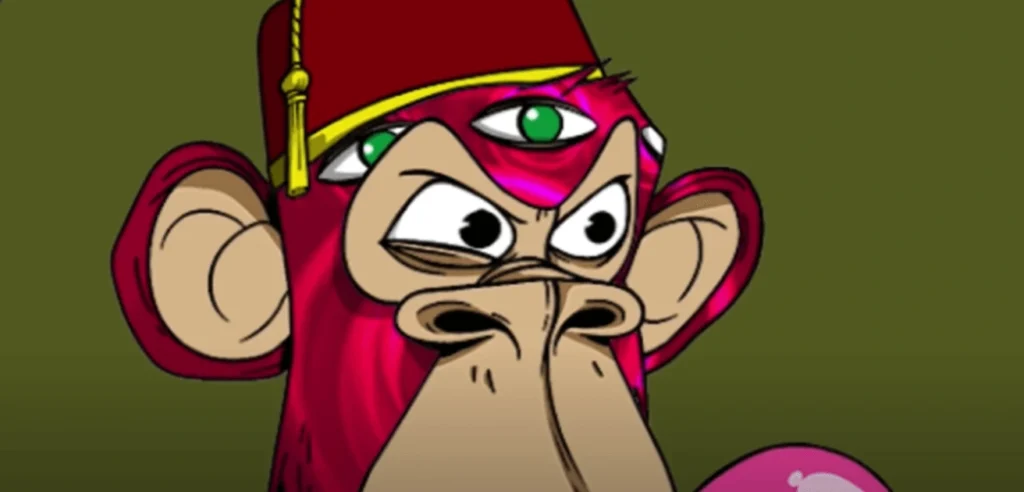In the rapidly evolving world of digital assets and cryptocurrencies, the concept of non-fungible tokens (NFTs) has garnered significant attention. NFTs are unique digital tokens that represent ownership of a specific item or piece of content, often digital artwork, videos, music, or other collectibles. As the popularity of NFTs grows, questions about their legality and usage arise. One common query is whether it is illegal to screenshot an NFT. In this article, we will delve into the complexities of this issue and explore the legal implications surrounding the act of screenshotting NFTs.
The rise of NFTs has revolutionized the way we perceive ownership and digital content. These tokens are based on blockchain technology, which provides a secure and transparent way of verifying ownership and provenance. However, the question of whether capturing a screenshot of an NFT is illegal involves a multi-faceted analysis of intellectual property, copyright law, and terms of use.
Contents
- 1 Understanding NFTs and Ownership
- 1.1 The Act of Screenshotting an NFT
- 1.2 Copyright and Reproduction Rights
- 1.3 Terms and Conditions of NFT Marketplaces
- 1.4 Personal Use vs. Commercial Use
- 1.5 Technology and Attribution
- 1.6 Potential Challenges in Enforcement
- 1.7 Precedents from Traditional Copyright Law
- 1.8 Perspectives from Legal Experts
- 1.9 The Gray Areas and Unsettled Matters
- 1.10 Protecting NFTs as an Artist or Creator
- 1.11 Educating Users and Raising Awareness
- 1.12 Conclusion
Understanding NFTs and Ownership
NFTs derive their value from the underlying digital content they represent. Owners of NFTs have a unique proof of ownership, usually stored on a blockchain. Screenshotting an NFT, in essence, captures the visual representation of the content but not the ownership or rights associated with it. This distinction is crucial in determining the legality of the act.

The Act of Screenshotting an NFT
Taking a screenshot is a basic digital action that captures an image displayed on a screen. While it’s not illegal in itself, the context in which the screenshot is used matters. If the screenshot is for personal use, such as admiring an artwork offline, it’s unlikely to raise legal issues. However, if the screenshot is used for commercial purposes or shared as if you own the NFT, legal problems could arise.
Copyright and Reproduction Rights
Copyright law plays a pivotal role in the NFT ecosystem. Artists and creators hold the copyright to their original work, granting them the exclusive right to reproduce, distribute, and display their creations. When you screenshot an NFT, you are reproducing a copyrighted work. The legality of this reproduction depends on factors such as fair use, transformative nature, and whether it hampers the market for the original NFT.
Terms and Conditions of NFT Marketplaces
NFT marketplaces often have terms and conditions that users agree to when buying or selling tokens. These terms may include restrictions on reproducing NFTs without permission. Some NFTs come with licenses that dictate how the content can be used. Ignoring these conditions could lead to breach of contract or even legal action.
Personal Use vs. Commercial Use
Using a screenshot for personal enjoyment usually falls under fair use. However, when screenshots are used for commercial purposes, such as in advertisements or merchandise, it’s a different story. Commercial use without proper authorization may infringe upon the creator’s rights and invite legal consequences.
Technology and Attribution
Blockchain technology allows for clear attribution and provenance of NFTs. Screenshotting disrupts this attribution, potentially harming the creator’s reputation and market value. The ethical implications are strong, even if the legal implications are not always straightforward.
Potential Challenges in Enforcement
Enforcing copyright in the digital realm can be challenging due to the decentralized nature of the internet. Identifying and pursuing infringers might not always be feasible. However, this doesn’t mean that creators have no recourse.
Precedents from Traditional Copyright Law
NFTs are relatively new, but traditional copyright law can offer insights. Courts have ruled on cases involving the reproduction of artwork, photographs, and other media. Precedents could influence how NFTs are treated legally.
Perspectives from Legal Experts
Legal experts have varying opinions on the matter. Some argue that screenshotting for personal use is unlikely to be pursued legally, while others emphasize the importance of obtaining proper licenses for any use.
The Gray Areas and Unsettled Matters
The legality of screenshotting NFTs exists in gray areas. As the technology and legal landscape evolve, these matters will likely become clearer. For now, respecting creators’ rights is a prudent approach.
Protecting NFTs as an Artist or Creator
If you’re an artist or creator concerned about screenshotting, you can explore technological solutions to safeguard your NFTs. Watermarking, embedding metadata, and utilizing blockchain features can enhance protection.
Educating Users and Raising Awareness
Education is key in the NFT space. Users should be aware of the rights they hold as NFT owners and the rights of the creators. Raising awareness can mitigate unintentional infringements.
Conclusion
In conclusion, the legality of screenshotting NFTs is not a straightforward matter. It hinges on factors such as intent, context, terms of use, and copyright considerations. While casual screenshotting for personal enjoyment may be acceptable, commercial use without proper authorization can lead to legal complications. As the NFT landscape continues to develop, users and creators must navigate this evolving terrain with awareness and respect.